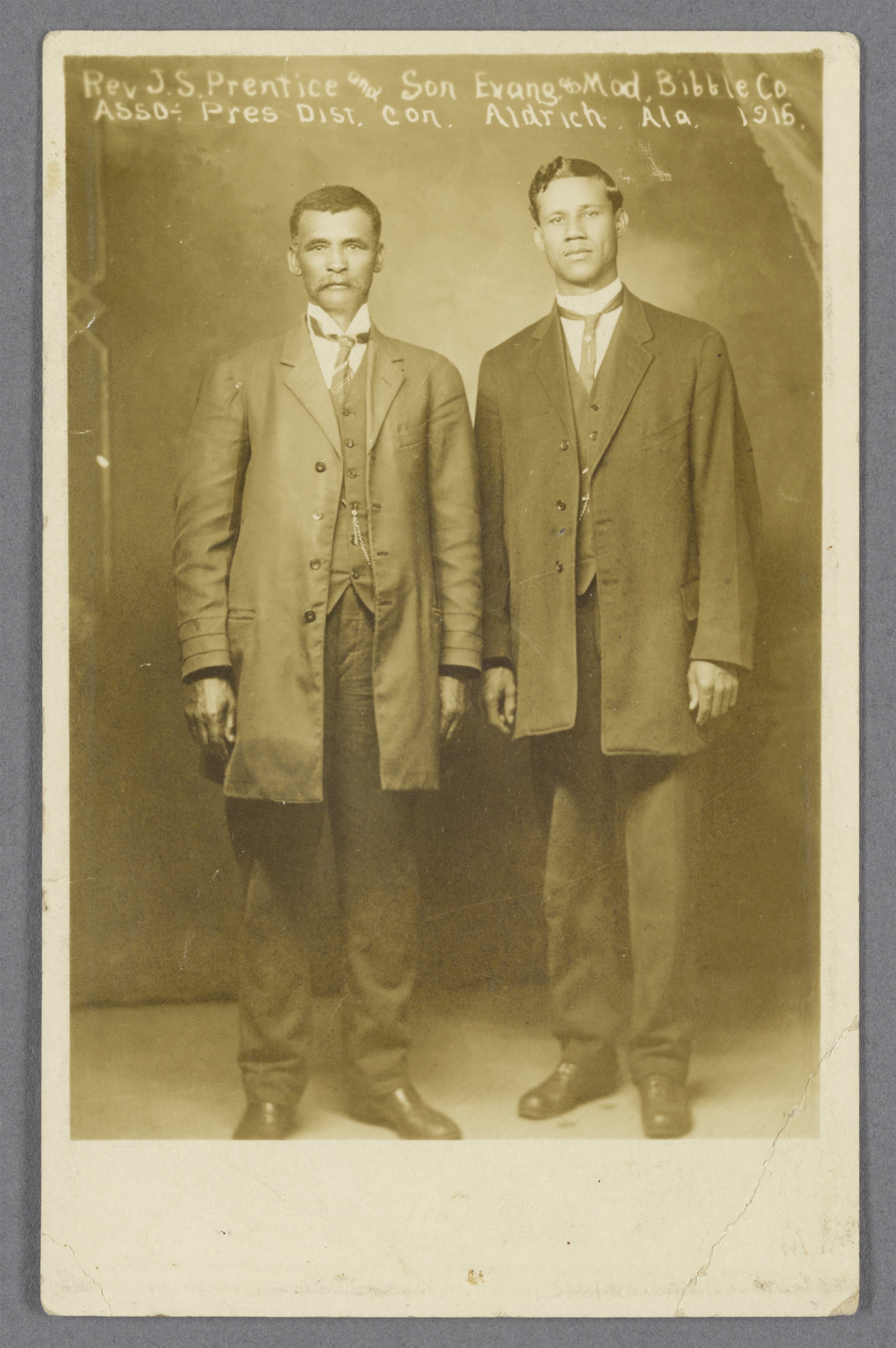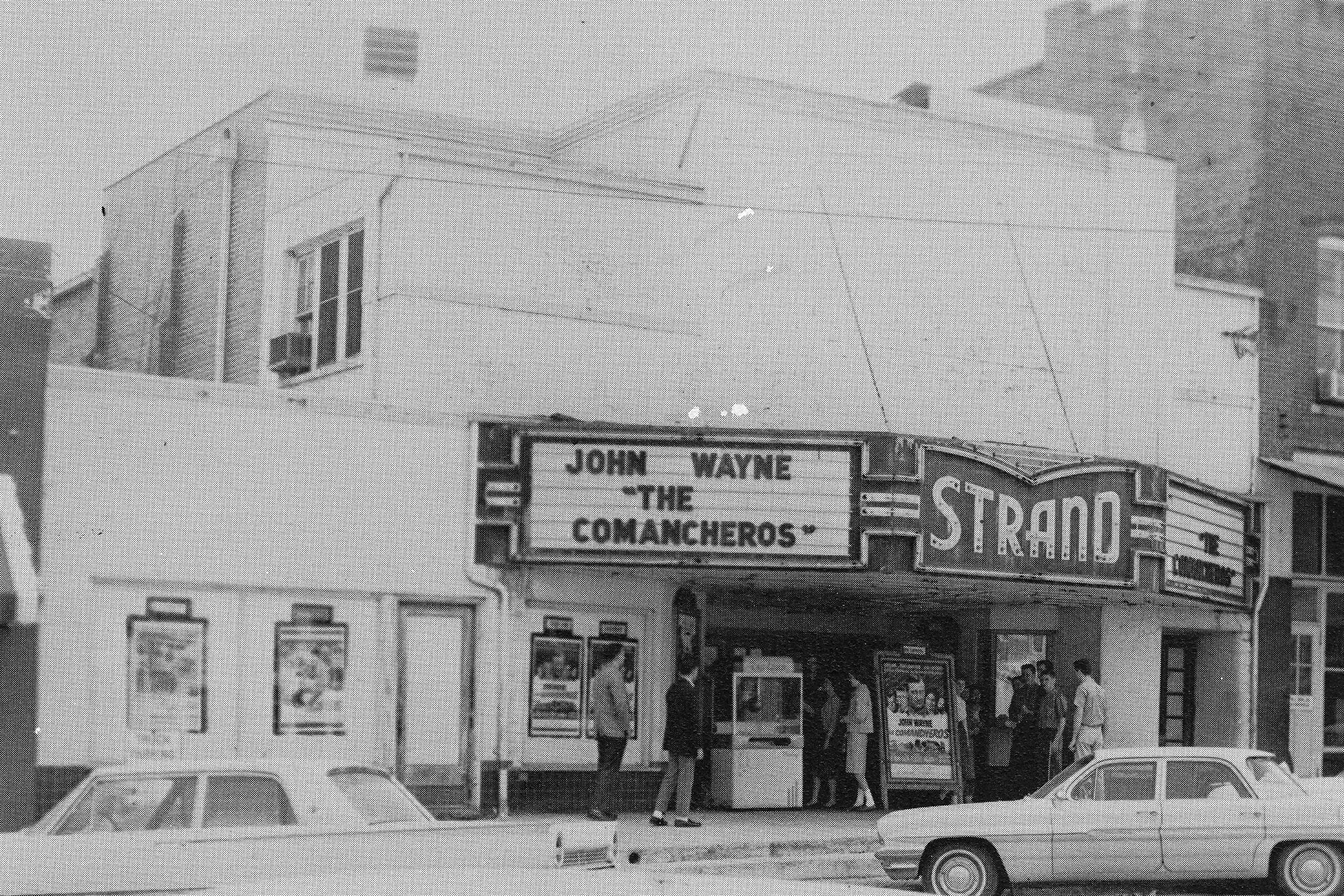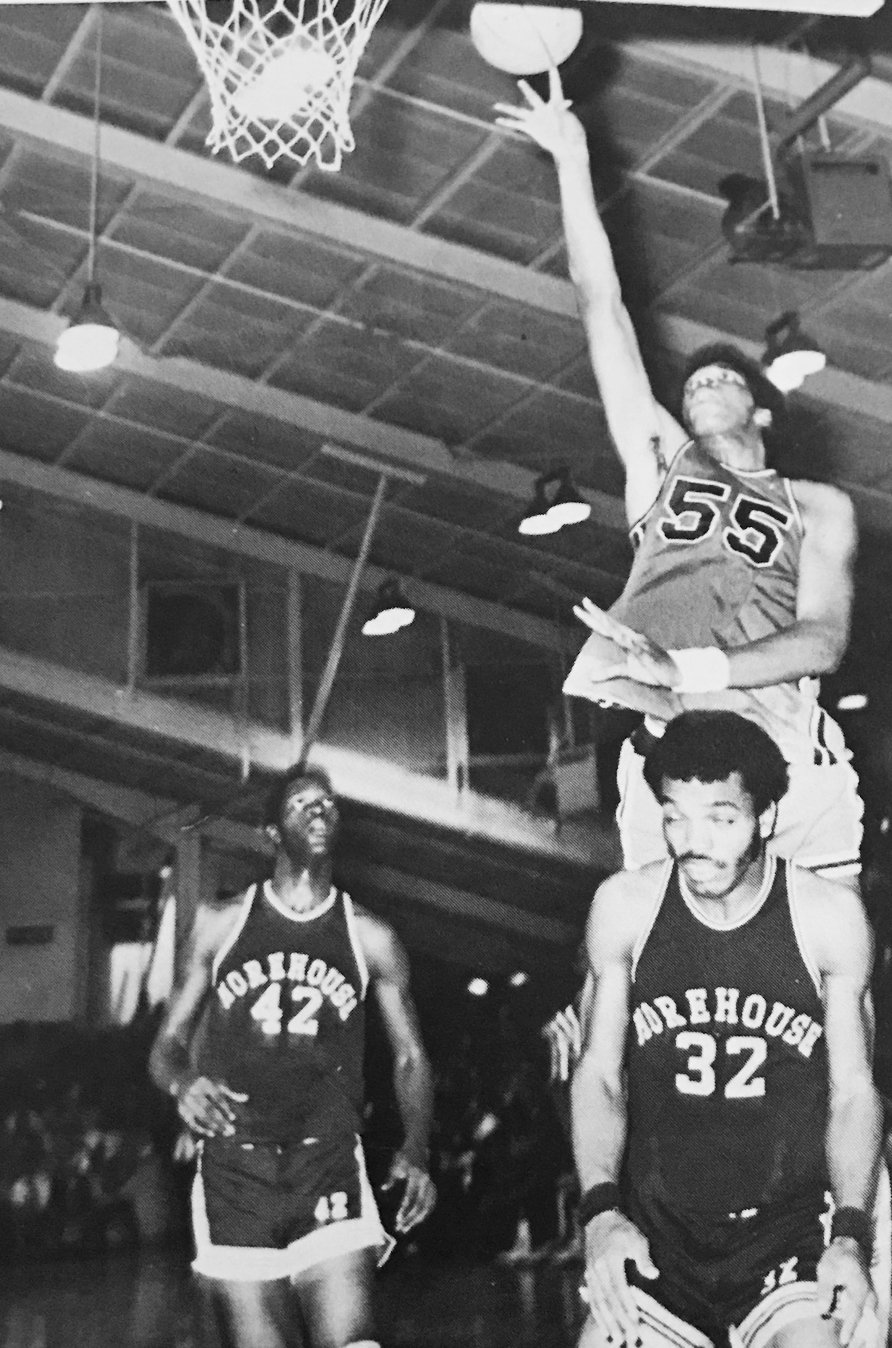Untold Stories of Black Montevallo
Untold Stories of Black Montevallo
Originally featured in Montevallo's Chamber Chatter, our stories amplify the voices of African descendants in and around Montevallo. While some narratives recount darker moments, together they celebrate the dignity, pride, resourcefulness, kindness, and hospitality of the African American community. Read on to discover the untold stories that bring our town’s rich Black history to light.
These stories contribute to Montevallo’s African American Heritage Trail research.
Published monthly in Montevallo’s Chamber Chatter, we compile these stories annually in a booklet available at MLP-sponsored events. Each story is then archived on this webpage, enhanced by additional images, maps, and content.
You can access and download PDF’s of the yearly booklets below.
Search through the stories!

The South's Great Generation of Black Teachers
I can't say it was the case with all Black teachers of my mother's generation, who had come of age in the South, but I know that many of them saw themselves as on a mission. Education was about the individual students but there was an additional component; an explicit mission of race uplift. . . . Becoming educated was an act of resistance. The classroom was a site of that resistance.
-- Annette Gordon-Reed, On Juneteenth (Norton & Co, 2021), 50.

“They are tired of working for White people”
“The Montevallo lynching had "set the entire population, white and black, into a flame, and a murderous conflict may be expected at any moment."

Remembering Blanche M. Coger
Talk to people who attended Prentice HS, originally Montevallo Negro HS, and one name always comes up. Blanche M. Coger, a teacher of history who insisted on the highest standards for her students. She retired in 1974 after teaching for 44 years, the final four years at the desegregated Montevallo HS. In 1965 she was honored as Teacher of the Year for Shelby County. To this day her name is spoken with respect.

"Teaching ourselves how to rise the next day": Untold Stories from the Era of Bondage
Susan is notable for her brief and perhaps unwelcome service nursing one of Wilson's raiders.

J. S. Prentice: A Glimpse Behind the Mask
The picture, bearing the date 1916, is of a "Real Photo Post Card" of Joseph and his son Frank Herman Prentice. Somehow it found its way into the Robert Langmuir African American Photograph Collection now housed in Emory University's Special Collections.

"Not a problem, we got this": From Birmingham to Selma
The march actually began in Birmingham, however. Marchers, perhaps 20 strong, walked to Alabaster for an overnight stay, picked up more folks there, passed through Montevallo and then Centerville and at last arrived in Selma, their numbers growing as they went.

In Praise of the Pocket Watch: Aldrich's Time-Piece (part 2)
Alabama Time-Piece was one of nearly 100 African American newspapers circulating at the turn of the century but the only one originating in our area. It brings into view a vibrant community in Aldrich's Old Camp, a Black settlement within a racially mixed village not two miles from downtown Montevallo.

Keeping Times with the Times: The Aldrich Time-Piece
From 1895 to 1902, in the coal mining town of Aldrich, a Black-edited newspaper was published weekly.

SUNDAY AFTERNOON IN JACKSONVILLE
Only a few people today remember the once vibrant Black community of Jacksonville located on and just off Main Street where Jack's and the former Eclipse are now located.

The "Little School" on Island Street
A small wooden schoolhouse for negro children once stood at the corner of Island and Bloch Streets in a Black community then known as Jacksonville.

"Get me in a voting booth": Tales of Jim Crow Montevallo
At the height of the Jim Crow era, in the 40s, 50s, and early 60s, African Americans who could afford to travel routinely consulted the Green Book, a travel guide offering "Assured Protection for the Negro Traveler."

It just wasn’t right: Rev. Albert L. Jones in his own words

Barbara Belisle’s long walk to the schoolhouse door

THE BROTHERS AND SISTERS OF SHOAL CREEK BAPTIST
A neglected graveyard in a little-visited corner of Shoal Creek Park on Highway 119 may turn out to be the first stop on Montevallo's African American Heritage Trail.

Prentice Dragons Cross the Color Line
1969 was a momentous year in Alabama high school basketball. The papers were calling the February tournaments the "most interesting ever." Why? For the first time they included Negro schools. A star player on one of those breakthrough teams was Montevallo's own Lawrence "Butch" Lilly, center for the Prentice High School Dragons.

Baseball: Best Game Ever
The best game ever: that's what baseball was for Montevallo's two inductees into the Negro Leagues Baseball Museum in Kansas City.

The Aldrich Grammar School in 1898
This announcement, which ran in the Alabama Time-Piece in 1898, provides a rare look at a local "negro" school's course of study and fairly bursts with insight into the yearning for real education felt by Aldrich's African American community at the turn of the century.

The Prentice Family
This instalment of Untold Stories highlights the positive impact on their communities of four of the Prentice sons.

A Good and Useful Citizen
A 1937 tribute to the Rev. Joseph Prentice in the Shelby County Reporter states, "He has proved himself a good and useful citizen" (April 15). This month we relay the untold story of this remarkable man's challenges to second-class status during the Jim Crow era.

The Remarkable Life of Rev. Joseph Sidney Prentice
This untold story focuses on the preacher and early champion of education for African Americans for whom Montevallo's "Negro" high school was named in 1954.



